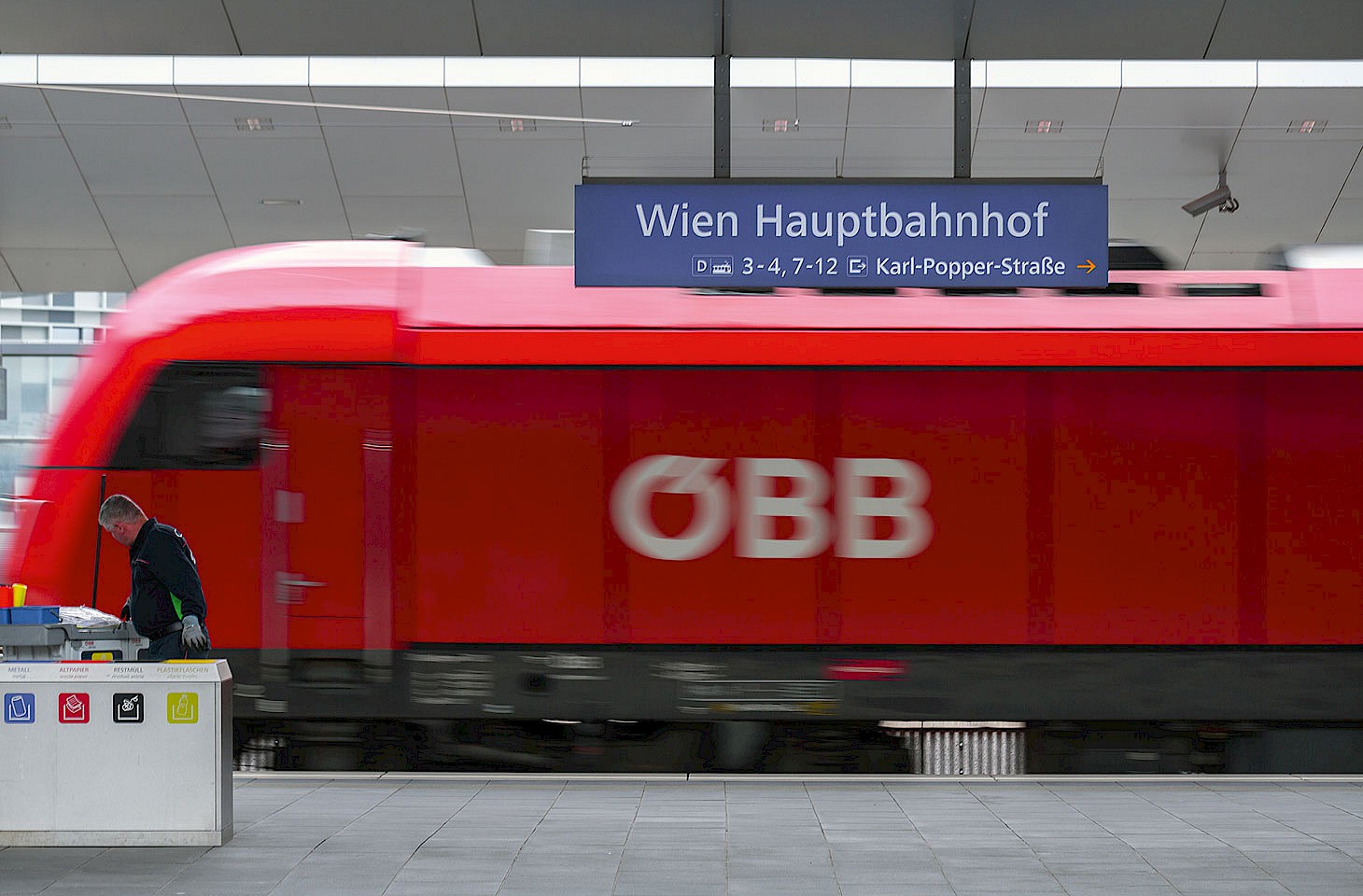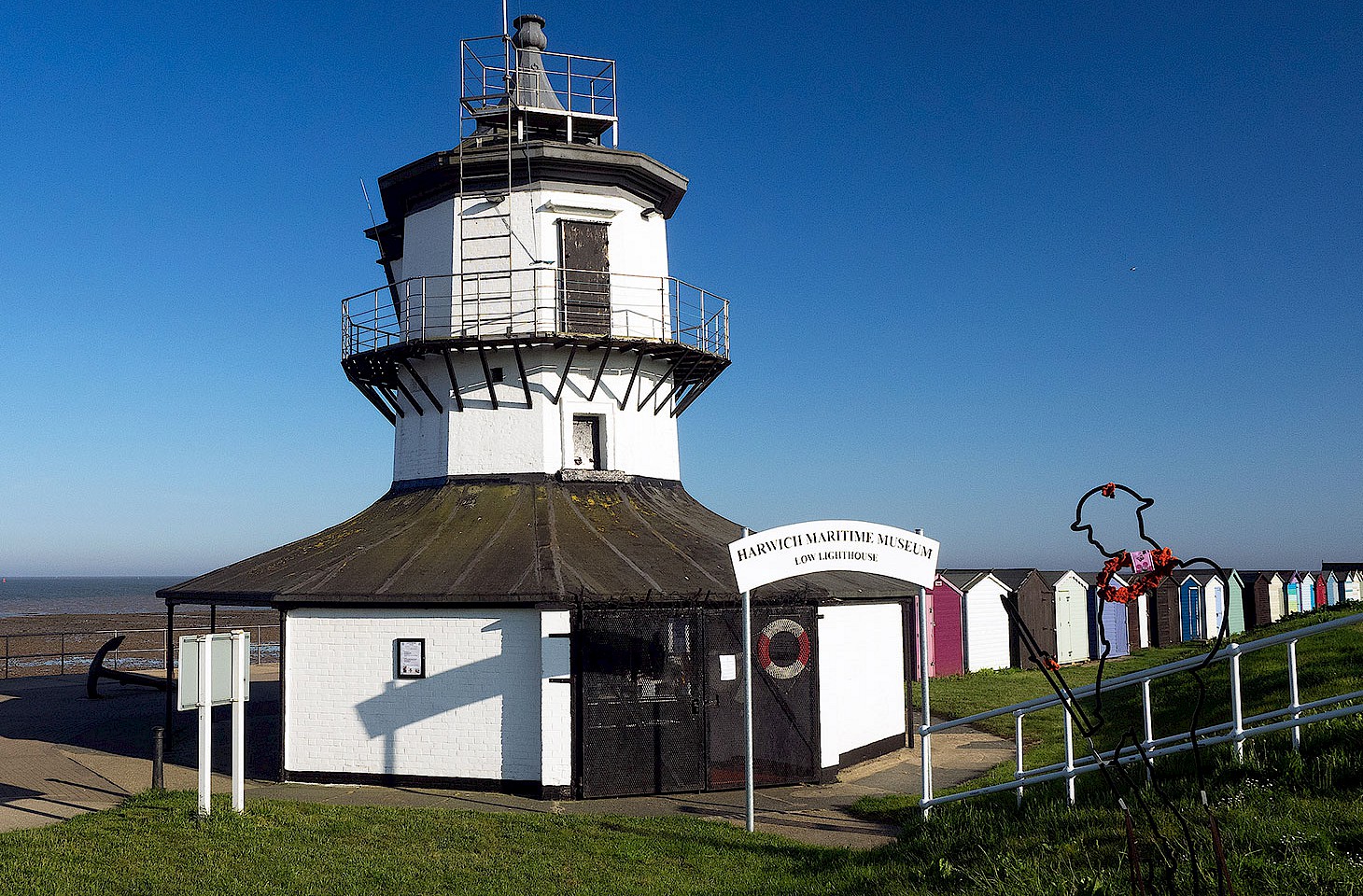A real pandemic casualty was the fine range of direct train services between Russia and the European Union. In March 2020, all Russian Railways (RZD) trains from Moscow, serving 14 different European countries, were suspended. With them went the many intra-EU direct links which relied entirely on RZD trains — routes like Paris to Berlin and Nice to Innsbruck. For 20 months now there have been no direct trains from Russia to any EU destination. Services from Russia to Belarus have been restored, with direct trains now running from both Moscow and St Petersburg to Minsk and Brest.
hidden europe 65
Allegro speculations
by hidden europe
Summary
No rail operator’s international operations were more brutally affected by the pandemic that those of RZD Russian Railways. Links from Russia to fourteen other European countries were suspended in March 2020, and none of those regular passenger services have yet been restored.
The hidden europe award for ingenuity in creating new European rail travel opportunities is awarded to Austria's state rail operator, Österreichische Bundesbahnen (ÖBB). We look at what ÖBB will offer anew for 2020, and examine too what's new on the rails in Russia, Germany and elsewhere across Europe.
The old town of Harwich, a port in the county of Essex on England's North Sea coast, is tucked away on the end of a peninsula. Maritime connections have shaped the development of Harwich. It's a place for sea breezes, rock oysters and watching the ferries come and go.
When one time English poet laureate John Masefield extolled the lure of the ocean ("I must down to the seas again..."), he clearly didn't have Cunard's luxury Queen Elizabeth II ship or the same company's new super liner Queen Mary in mind.




